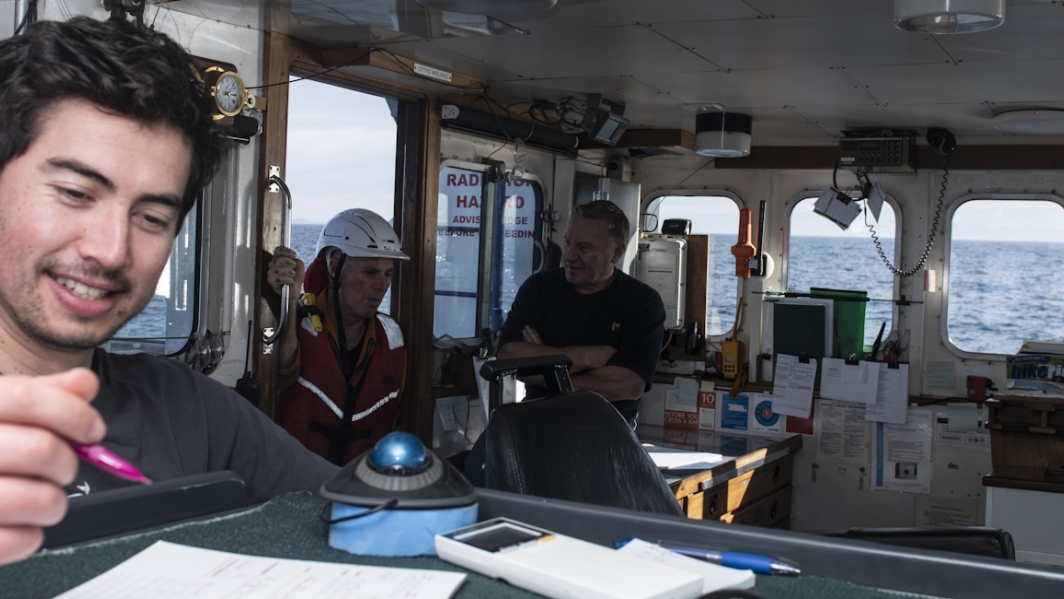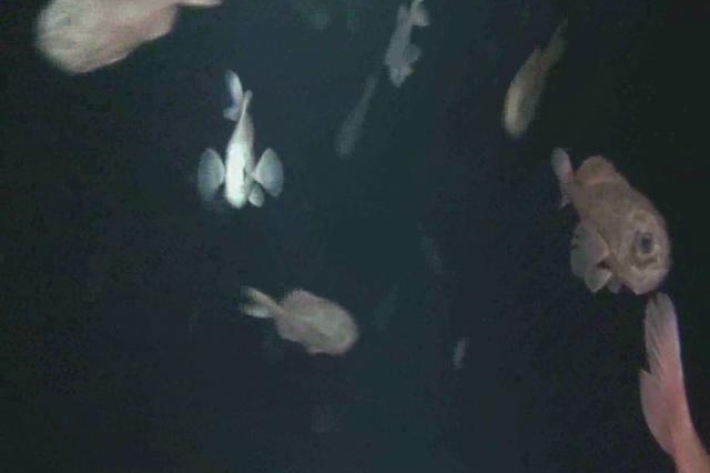-

International fisheries
NIWA aims to develop and apply standardised methodologies to monitor and assess international fisheries outside the New Zealand EEZ and determine the environmental effects of fishing in these areas. -

Assessing fishery resources
NIWA is developing and applying standardised stock monitoring and assessment methodologies for New Zealand's deepwater, inshore, and freshwater fisheries. -

Fisheries research programmes
NIWA aims to provide the key science services required by the national and international fisheries sectors and their industry partners. -

20 years of fish surveys
Research ProjectThe main aim of the surveys is to estimate the abundance of hoki and other commercially important species (such as hake and ling), but during the 20 consecutive surveys NIWA scientists have also been able to study other aspects of deepwater biodiversity on the Chatham Rise, including fish distribution, abundance, and ecology. -

Tuna - loss of habitat
Much of the habitat that was formerly available to eels has been lost through practices like the wetland drainage and river channelling. -

Marine food webs
Research ProjectWe need information on the food web structures of our marine ecosystems in order to manage the effects on the ecosystem of fishing, aquaculture and mining, as well as understanding the potential impacts of climate variability and change on our oceans. -

Poor recruitment
A problem with recruitment is usually indicated by the absence, or very low density, of fish where they would normally be present. -

Guide to restoring freshwater native fish in streams


